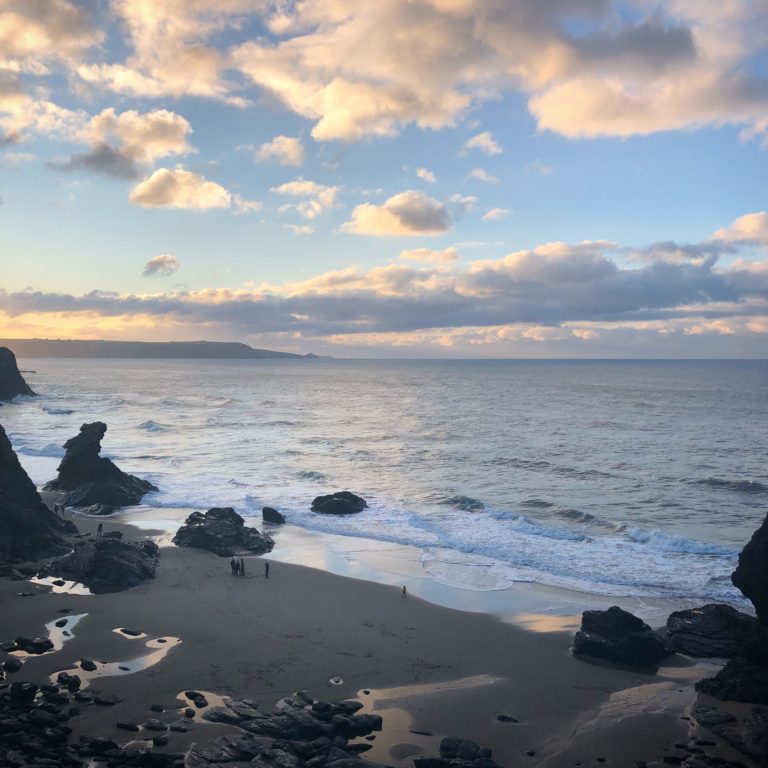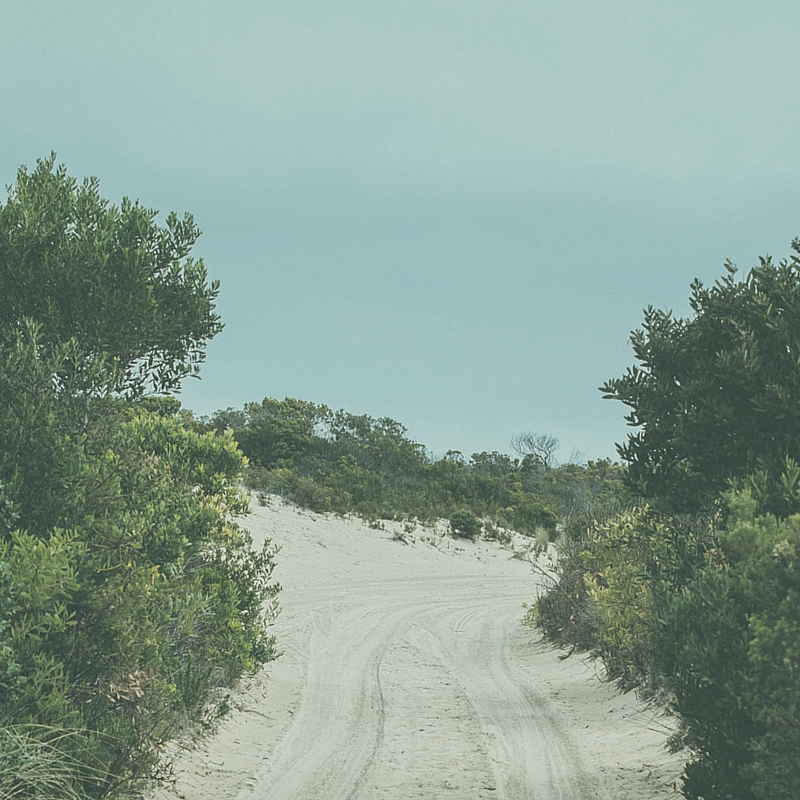
The beautiful spot where I’m currently living.
Honesty time: I intended to pen this article (any article) yesterday. I had a whole thing in my brain about the nicey-nice-neatness of writing here every 1st of the month in 2018. But I didn’t. Why? Simple: I was paralyzed by that ‘not good enough’ feeling. I’m sure you know of it. It tends to rear its head when we want to share something, be wildly optimistic, or take a creative leap of faith.
Today I’ve managed to wrestle myself free from the clutches of not-good-enough by pondering what was at the heart of my paralysis. And I think it was… honesty. More specifically, the fear that comes with being honest. Sometimes it is so terrifying to be really, starkly, vulnerably truthful, not only with others, but with ourselves.
Some people can spend many years hiding from themselves in certain ways – often not even realising that is what they are doing. Some hide for a lifetime. I hope that most of us, though, find some way to resonate with these words from Anaïs Nin.
“And the day came when the risk to remain tight in a bud was more painful than the risk it took to blossom.”
If we are interested in unravelling our own layers of hidden truths and honesty, in order to find that buried treasure within ourselves (which hides so well sometimes), then here is one potent journal writing exercise that we can use.
Try it: “If I were to be really honest with myself…”
Turn to a blank sheet of paper or page in your journal, take a few slow, deep breaths to become fully present in this moment, and to gratefully prepare to encounter yourself on the page. Then, begin writing at the top of the page with the following prompt:
“If I were to be really honest with myself, I would say…”
Next, allow yourself to write, uncensored, in response. Do not worry about structure or grammar, just write whatever comes to you until your thoughts come to a natural close.
But wait, there’s more…
If at any point in this writing exercise you sense you aren’t being truly honest, or that something is not ringing quite true, or if intuitively you feel you have yet to get to the root of your feelings, pause. Begin again. This time, start with the following.
“I wasn’t truly being honest there. If I were to be even more honest with myself, I would say…”
This is one of those ‘rinse and repeat’ journal writing exercises. Keep going until what you write sparks off of the page like lightning – with that zing that only Your Real Truth has.
This probably isn’t an exercise you’ll want to write with all the time, but trust me when I stress how deeply powerful this way of writing can be. Use it next time you wish to get to the heart of your feelings around a particular topic or issue. Or, you know, just to get a blog post written…
Getting to know ourselves… honestly? It is a life’s work. Let writing be your sidekick.

